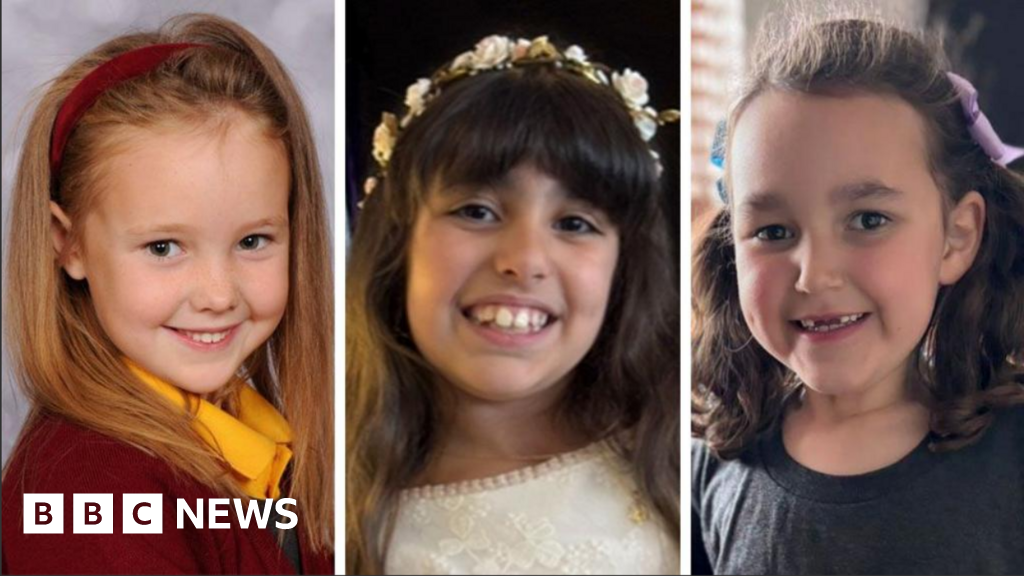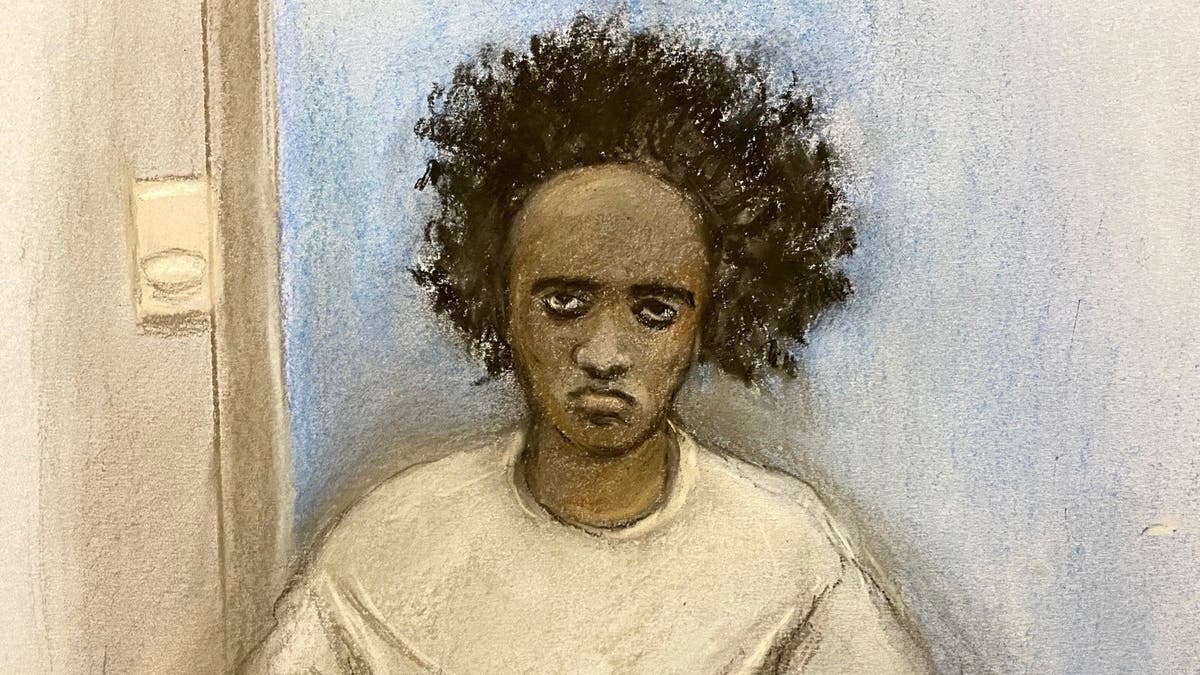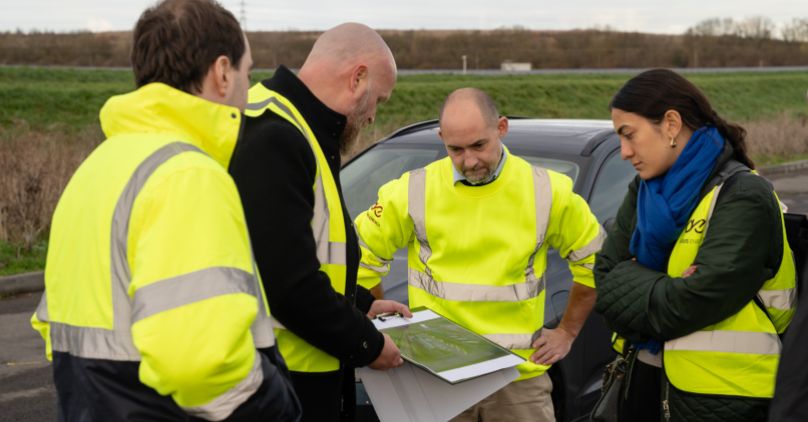
SURIGAO CITY, PHILIPPINES – A United Nations joint programme launched in Surigao in October 2024 is already showing tangible results: families from vulnerable communities in the city have identified entrepreneurial and business opportunities to improve their living conditions. The “Localize to Realize: Accelerating Sustainable Development Goals’ (SDG) implementation for local and vulnerable groups and communities of women, indigenous peoples and informal settler families” (L2R SDG) implemented by UN Habitat and UN Women and funded by the global Joint SDG Fund focuses on supporting Sama Bajau and informal settler families in the city. Aquaculture development, a materials recovery facility, and a neighborhood store that can be upscaled to an e-commerce platform are some of the initial livelihood programs proposed by at least 80 families during community consultations.
L2R SDG follows a participatory and community-driven model where indigenous groups and informal settler families can engage with local and national governments in SDG-based planning, budgeting, and decision-making activities. “Localizing the SDGs is about empowering communities to shape their own futures. By tailoring SDG initiatives to the unique cultural and socio-economic contexts of each community through involvement in decision-making, we pave the way for greater inclusion of vulnerable communities,” according to UN Philippines Resident Coordinator Gustavo Gonzalez.

Representatives from the Sama Bajau Council and informal settler associations are members of the L2R SDG steering committee and are an inherent part of decision making. “Dako kaayo nig [tabang] sa amoa kay mavoice-out namo among gusto. Pasalamat kaayo mi na beneficiary mi sa mga balay ug naa pay SDG para sa among kabataan.
(This is a big help for us because we can voice out what we want. We are thankful that we are beneficiaries of the housing project plus the SDGs which will benefit our youth),” Sama Bajau Council member Ronald Bastiong said. They are also given a platform to provide inputs on how local initiatives can be aligned with their realities on the ground.
“The city government of Surigao wholeheartedly commits to support the initiatives that uplift marginalized communities – particularly the Sama Bajau who contribute so much to the culture fabric of our city,” Surigao City Mayor Pablo Yves Dumlao II said. Housing improvements The Sama Bajau indigenous group is actively involved in the design and construction of culturally sensitive settlements under the Huy-anan nan Badjao sa Surigao (Home for Badjaos in Surigao) Project implemented by UN Habitat and funded by the Spanish Government through the Spanish Agency for International Development Cooperation (AECID). “We have a fantastic partnership here – not many events have so many stakeholders engaged with that level of commitment and for UN Habitat, we need to follow through at many different levels.
Our commitment to the communities is to continue the people’s process and we are extremely proud and happy of the partnership that we have,” UN Habitat Regional Office for Asia and the Pacific Human Settlements Officer Bernhard Barth said. Through the project, Sama Bajau and informal settler families will move to a resettlement area which is also being developed as an ecovillage by the Department of Environment and Natural Resources (DENR). Currently, these groups reside in neighborhoods with no proper access to basic water and sanitation facilities.
As of this year, three housing units have been constructed and two additional units are also expected to be completed within the first quarter of this year. “The desire and the wish of the Spanish Cooperation is to try to be with you [Sama Bajau] in the future to be possible to build double or triple of these houses. It is not only a house – it is a future, it is a better life,” according to Violeta Dominguez Acosta, Head of AECID Philippines.
Bringing SDGs to the families A better understanding of development principles enables vulnerable communities to overcome stigma and help themselves. This is why the communities in the city received training on sustainable development goals and its impact on the lives of the communities organized by UN Women and UN Habitat. This included a facilitated discussion on the rights of women, and children and highlighted the essential role of women-led households in improving living conditions.
Trainers showed parents how to monitor the development of their children under a new scheme called Family Actions for Children and their Environs in Surigao (FACES). Over 80 families are participating in the programme. “It is a privilege to work and be part of Localize to Realize project where we hope to see lived realities and vulnerabilities of women and IP communities surfaced and addressed with an SDG lens.
We know that local women and IPs when informed, engaged, and empowered will not just be beneficiaries but key contributors to inclusive and sustainable development,” according to UN Women Philippines Country Coordinator Rosalyn Mesina. The implementation of the L2R SDG joint programme and its complementing projects represent a significant step towards achieving the SDGs in Surigao City. “This collaborative approach fosters inclusivity, empowers local voices, and builds resilient communities.
Joint programmes such as the L2R SDG is a driver for meaningful, fit-for-purpose development,” Gonzalez added. The L2R SDG joint programme aims to localize the SDGs by establishing a participatory and community-driven model that can unlock and support vulnerable communities to engage with local and national governments in SDG-based planning and budgeting and access programs and services that are responsive to the differentiated socio-economic needs and priorities of population groups. It is funded through the Joint SDG Fund using funding from Spain as well as the governments of Belgium, Denmark, the European Union, Germany, Ireland, Italy, Luxembourg, Monaco, the Netherlands, Norway, Poland, Portugal, the Republic of Korea, Saudi Arabia, Sweden and Switzerland.
For inquiries, please contact UNIC Manila at [email protected].











